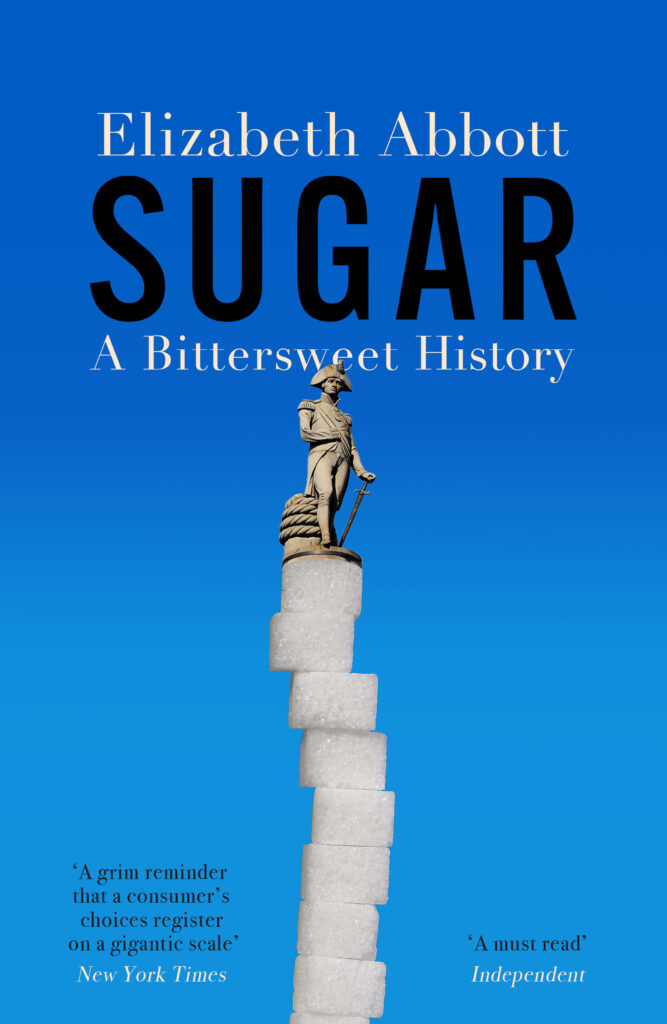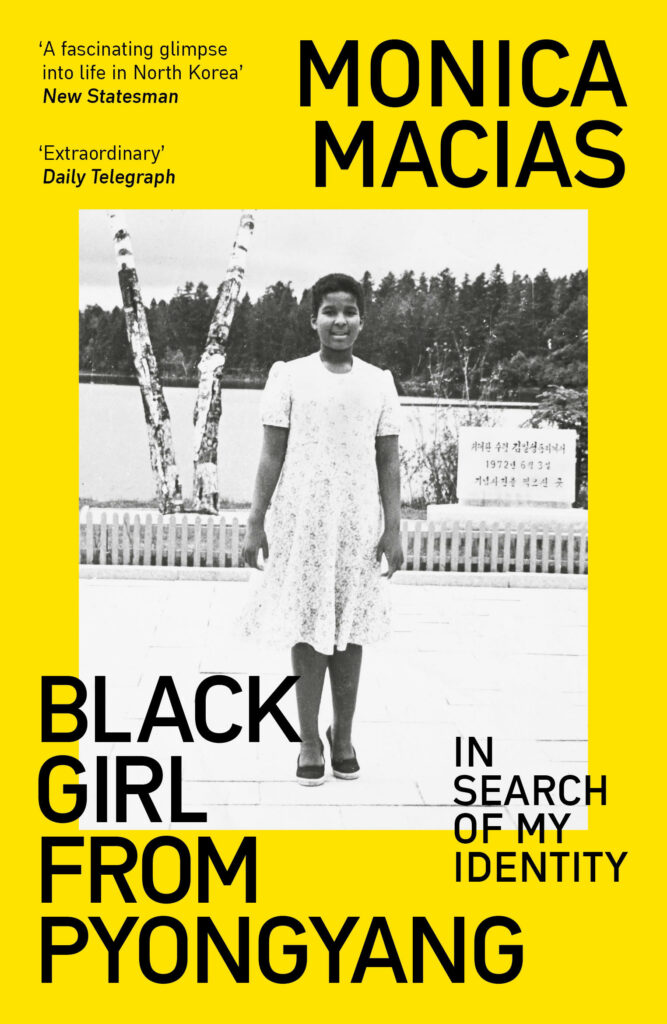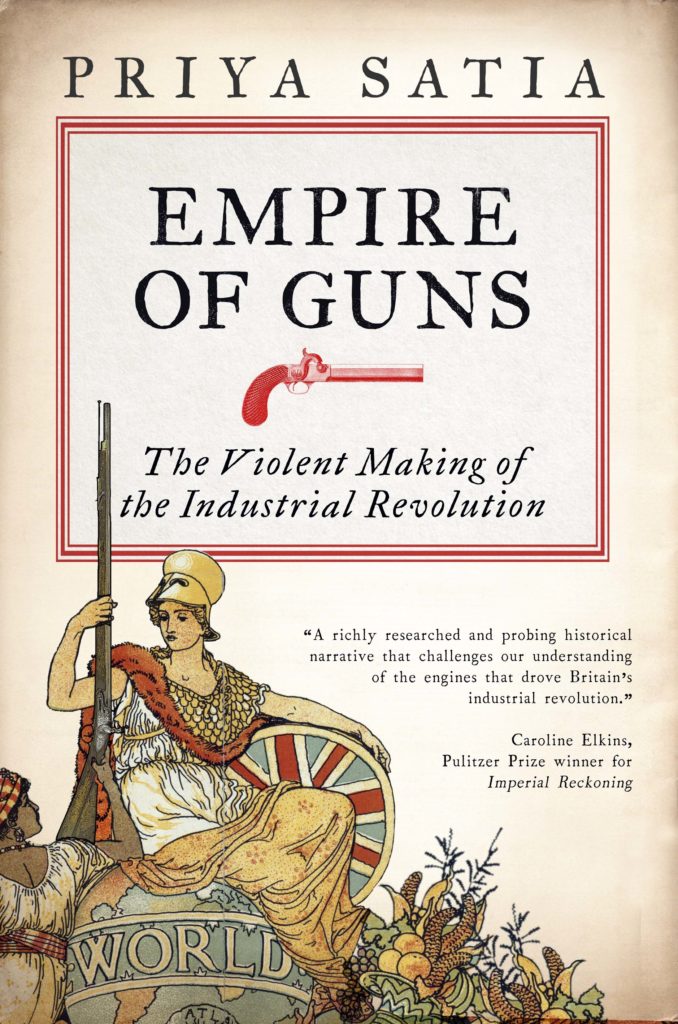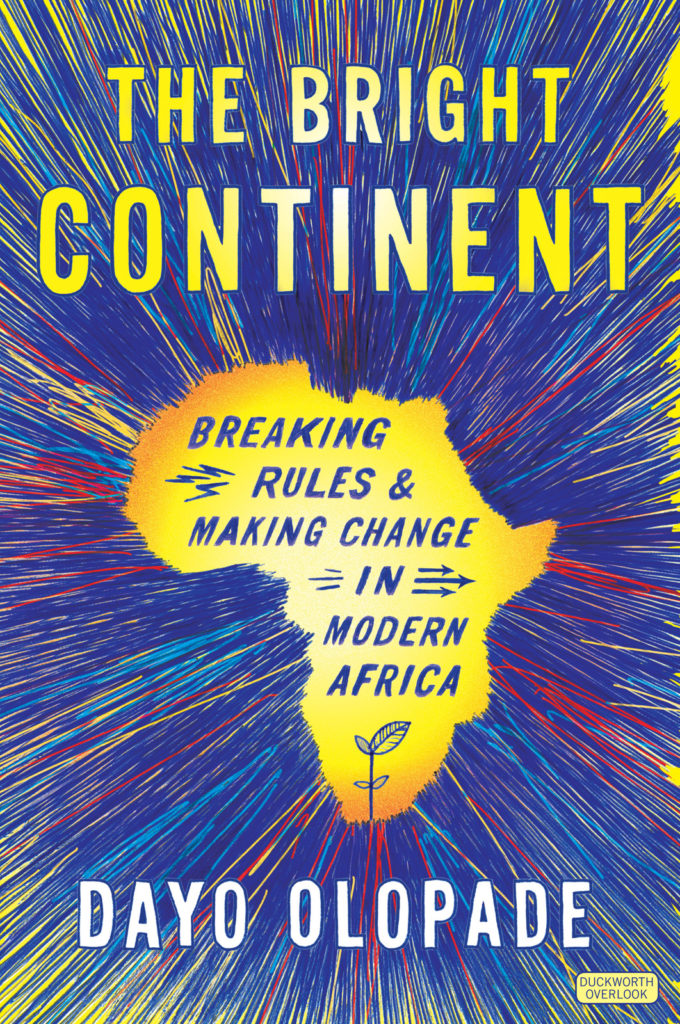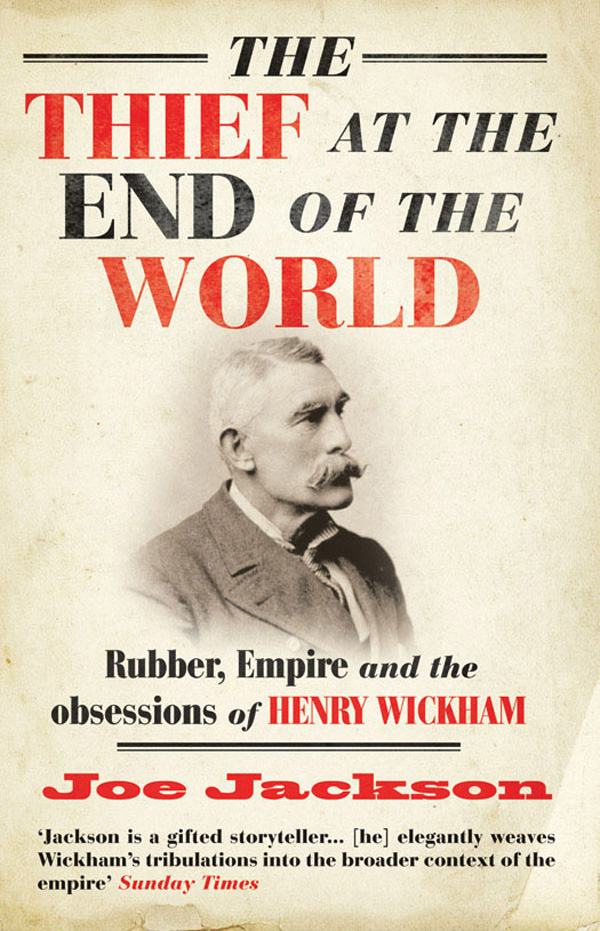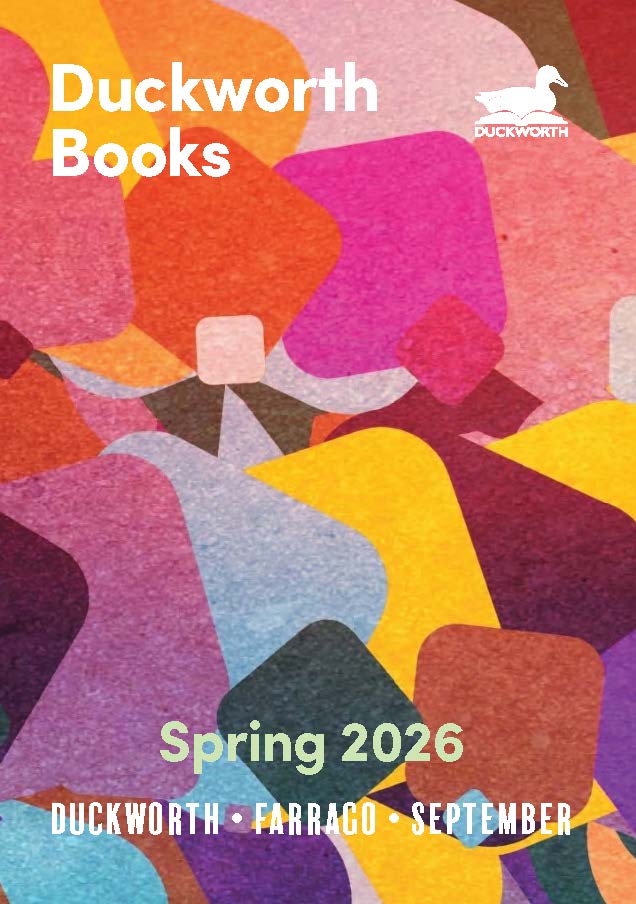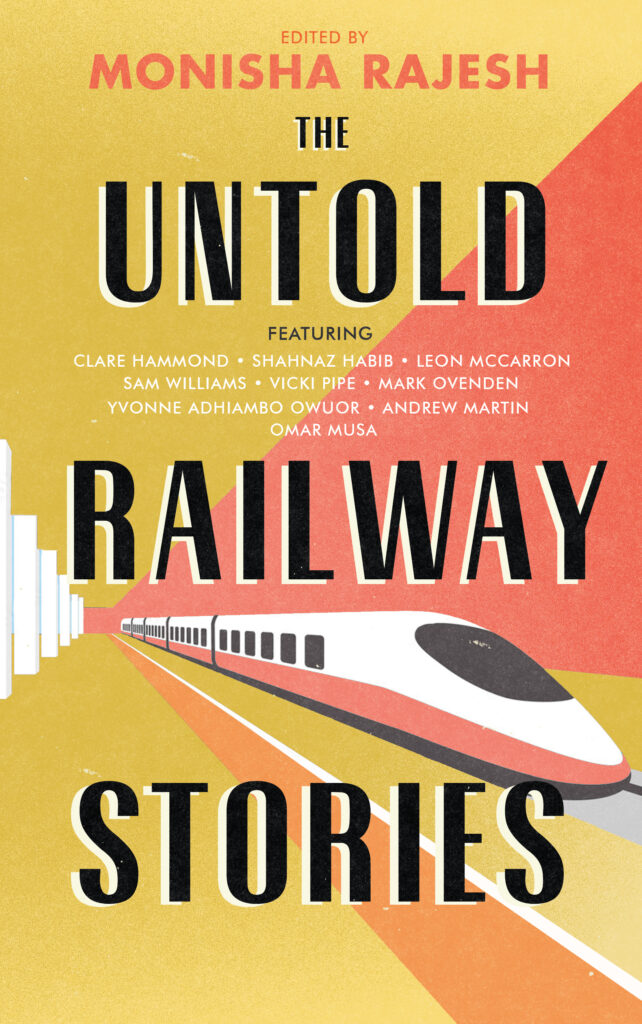
A compendium of fascinating and evocative new writing on railway travel and history. Telling of little known journeys and uncovered histories on railway routes around the world – from the UK, Europe and Africa to North America, the Middle East and Asia.
From Myanmar’s highlands to the British Pennines, from slow travel between coffee plantations in Borneo to a cross-continent odyssey on African railways, from the pioneers of the American West to European trains in war, this is a new prism through which to explore human lives, and global landscapes, politics and history.
The Untold Railway Stories is a testament to both the joy and impact of train travel – to the ambition and ingenuity, and also to destruction and sacrifice within its history – and is published to coincide with the 200th anniversary of first passenger railway line.
